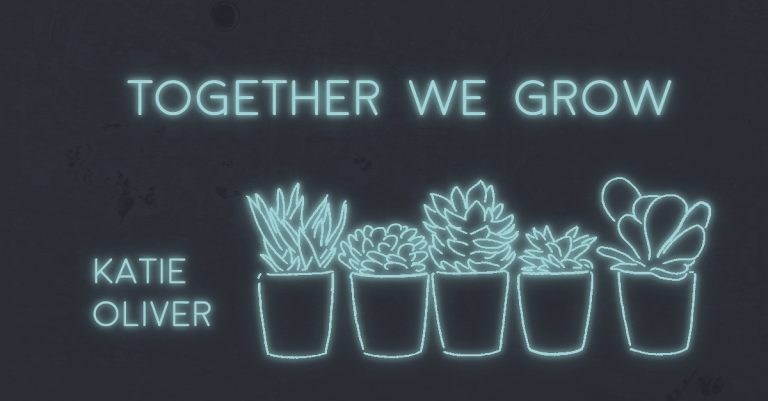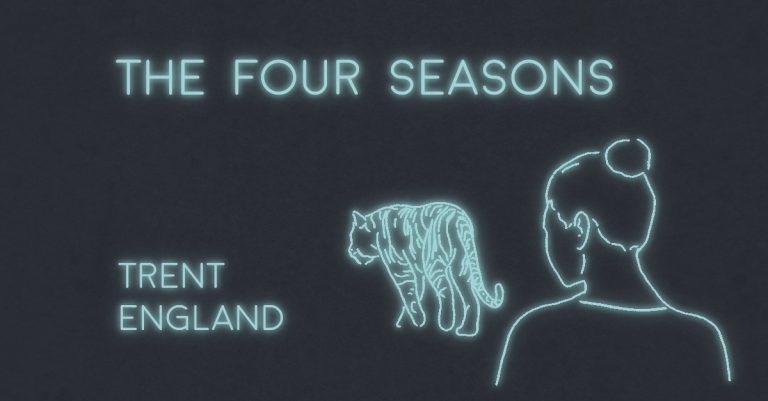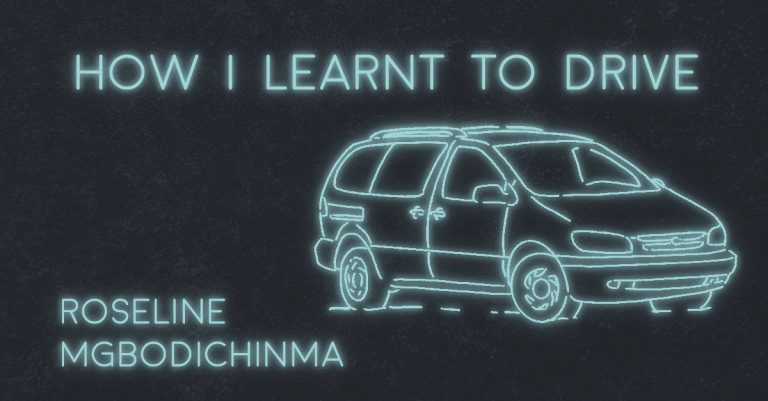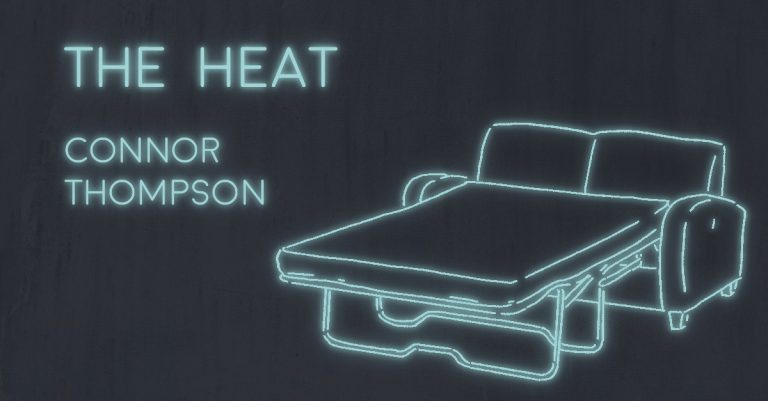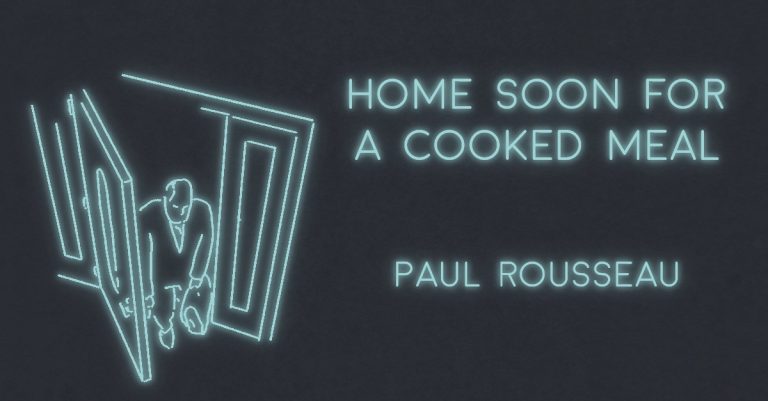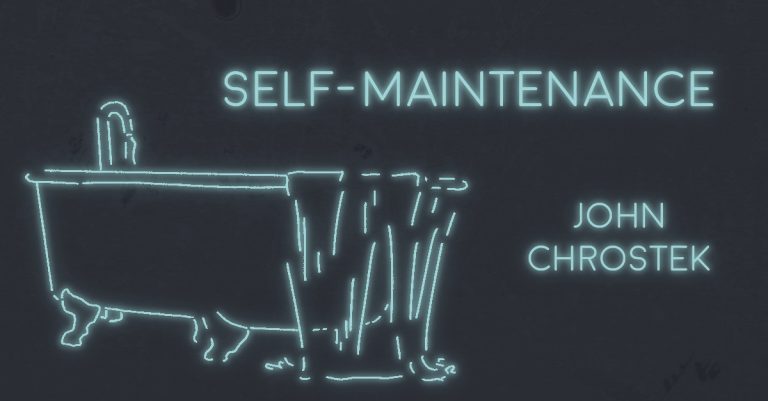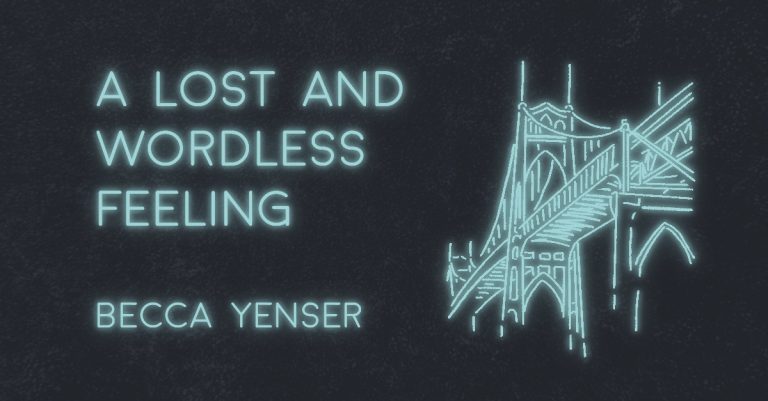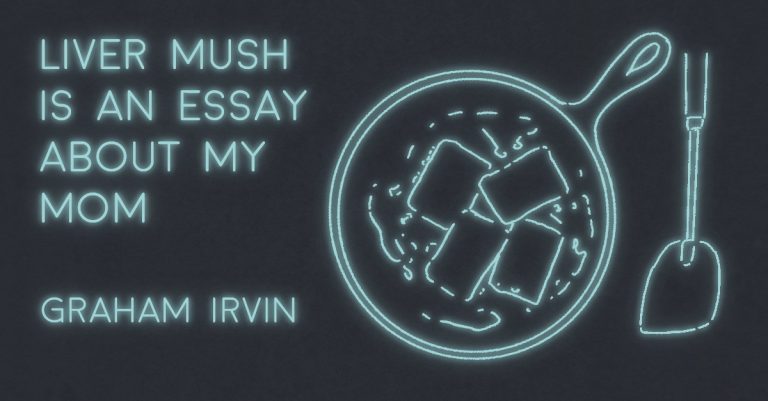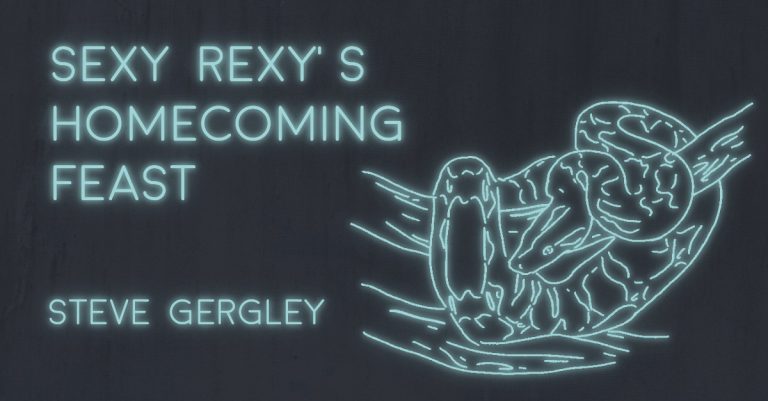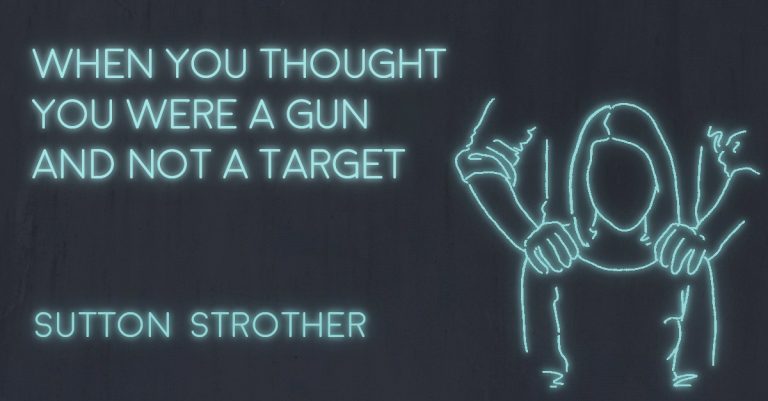
WHEN YOU THOUGHT YOU WERE A GUN AND NOT A TARGET by Sutton Strother
He’s the only other person you know who loves David Bowie. Not like your friends tolerate David Bowie for your sake or how your mom only knows the radio hits. He knows all the albums you talk about, every deep cut. “Modern Love” is his favorite Bowie song (killer drums, he says right before the first verse kicks in), so on days when there’s a test in his class you listen to it while you dress for school. It reminds you not to hate him, no matter how difficult he makes the questions. There’s power in the not-hating. And when

